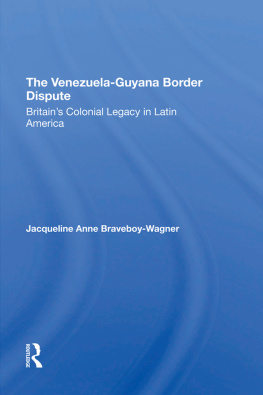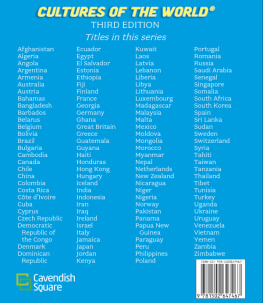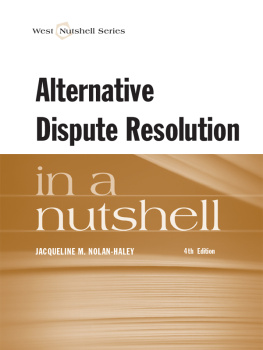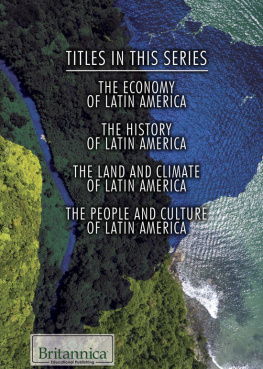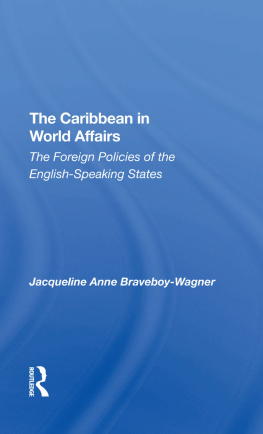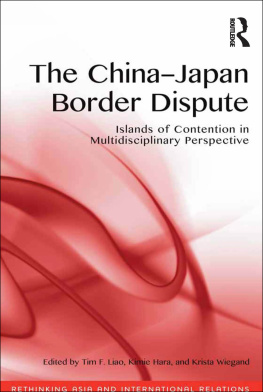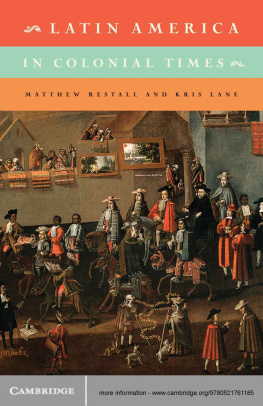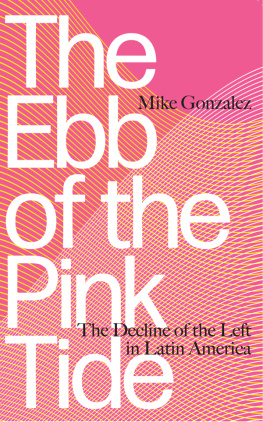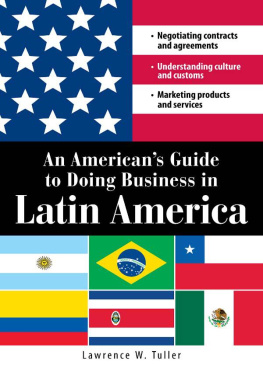The Venezuela-Guyana Border Dispute
Westview Replica Editions
The concept of Westview Replica Editions is a response to the continuing crisis in academic and informational publishing. Library budgets for books have been severely curtailed. Ever larger portions of general library budgets are being diverted from the purchase of books and used for data banks, computers, micromedia, and other methods of information retrieval. Interlibrary loan structures further reduce the edition sizes required to satisfy the needs of the scholarly community. Economic pressures on the university presses and the few private scholarly publishing companies have severely limited the capacity of the industry to properly serve the academic and research communities. As a result, many manuscripts dealing with important subjects, often representing the highest level of scholarship, are no longer economically viable publishing projects--or, if accepted for publication, are typically subject to lead times ranging from one to three years.
Westview Replica Editions are our practical solution to the problem. We accept a manuscript in camera-ready form, typed according to our specifications, and move it immediately into the production process. As always, the selection criteria include the importance of the subject, the work's contribution to scholarship, and its insight, originality of thought, and excellence of exposition. The responsibility for editing and proofreading lies with the author or sponsoring institution. We prepare chapter headings and display pages, file for copyright, and obtain Library of Congress Cataloging in Publication Data. A detailed manual contains simple instructions for preparing the final typescript, and our editorial staff is always available to answer questions.
The end result is a book printed on acid-free paper and bound in sturdy library-quality soft covers. We manufacture these books ourselves using equipment that does not require a lengthy make-ready process and that allows us to publish first editions of 300 to 600 copies and to reprint even smaller quantities as needed. Thus, we can produce Replica Editions quickly and can keep even very specialized books in print as long as there is a demand for them.
About the Book and Author
The Venezuela-Guyana Border Dispute: Britain's Colonial Legacy in Latin America
Jacqueline Anne Braveboy-Wagner
The expiration in 1982 of the Protocol of Port-of-Spain reheated a border dispute between Venezuela and Guyana that had been frozen since 1970, Almost at once, Venezuelan ultranationalists asserted the need to recover by force the Essequibo region of Guyana--two-thirds of that country--which Venezuela had long claimed. While rejecting force as a solution, the Venezuelan government has indicated that the Protocol will not be renewed, thus pushing the economically and politically vulnerable Guyana toward new and uncertain negotiations.
This book describes the actors and their stake in the conflict, the capacity of each to develop the disputed region, and the implications of the Venezuelan claim for both sides. Incorporating a critical examination of the conflict's historical-legal background, Dr. Braveboy-Wagner chronicles the progress of the dispute through its various stages and describes the attempts of both sides to elicit outside support, especially from other Third World nations. Finally, she assesses the possibilities for a solution by force and by compromise and considers the potential for U.S. involvement.
Dr. Braveboy-Wagner is faculty advisor and coordinator of the Latin American program at Friends World College, Huntington, New York.
The Venezuela-Guyana Border Dispute
Britain's Colonial Legacy in Latin America
Jacqueline Anne Braveboy-Wagner
First published 1984 by Westview Press
Published 2019 by Routledge
52 Vanderbilt Avenue, New York, NY 10017
2 Park Square, Milton Park, Abingdon, Oxon OX14 4RN
Routledge is an imprint of the Taylor & Francis Group, an informa business
Copyright 1984 by Taylor & Francis
All rights reserved. No part of this book may be reprinted or reproduced or utilised in any form or by any electronic, mechanical, or other means, now known or hereafter invented, including photocopying and recording, or in any information storage or retrieval system, without permission in writing from the publishers.
Notice:
Product or corporate names may be trademarks or registered trademarks, and are used only for identification and explanation without intent to infringe.
Library of Congress Catalog Card Number: 83-50174
ISBN 13: 978-0-367-29707-7(hbk)
To My Husband, Jeffrey P.
This book is the product of research begun while I was a graduate student pioneering studies in international relations at the Institute of International Relations, The University of the West Indies, St. Augustine, Trinidad. The basic research done at that time (1972 to 1974) was modified and updated in 1983 to 1984. During the early period, Dr. Yves Col1art of Geneva, then the director of the Institute of International Relations, Trinidad, Dr. Demetrio Boersner of Universidad Central in Caracas, and Dr. Barton Scotland of Guyana's Ministry of External Affairs, all made substantial textual contributions and critiques. I must also thank all those people in Guyana and Venezuela who consented to be interviewed at that time and who may indeed have forgotten that they did by now. These include: in Guyana, Rudy Collins, then acting permanent secretary of the Ministry of External Affairs, Guyana (now ambassador to Venezuela); Dr. Cheddi Jagan; Senhor Almeida, archivist at the Brazilian embassy in Georgetown; Mr. MacAshley, then Chief Interior Development Officer at the Ministry of Economic Development, Interior Division, and his deputy, Mr. Harewood; G.B. Matthews, surveyor; Lloyd and Cosmos Searwar, Dr. Cedric Joseph, and P. Denny of the Ministry of External Affaairs; and Fr. Michael Campbell-Johnson. In Venezuela, I interviewed, among others, Sr. Hermann Gonzalez-Oropeza, S.J., of the border division of the Ministry of External Affairs, Sr. Jose Luis Martinez, of the international political division of the same ministry, and H. Sahadeo of the Guyanese embassy in Georgetown. Mention must also be made of Monty Williams, then the permanent secretary of the Barbados Ministry of External Affairs. Finally, my field work in Guyana was also facilitated by the efforts of Kenneth Joseph, P. Moore, and D. Augustin.
In the later phase of the work, the following people were extremely helpful: Dr. Dennis Benn, the Guyanese head of the Caribbean unit of the United Nations Development Program, a personal friend who helped me in many ways; Noel Sinclair, permanent representative of Guyana to the United Nations, who answered ny queries promptly and eagerly; Phillip Sealey, another personal friend, who, from his station at the Trinidad embassy in Venezuela, provided me with necessary information; and Dr. Kester Branford of the United Nations who helped me secure relevant documents. I would also like to thank Barbara Ford-Foster for her help in drawing the maps, and Dean Birkenkamp and Victoria Yogman of Westview Press for their consideration. My special thanks are reserved for Jeffrey P. Wagner, for help in editing and map work, and above all for his patience and kindness at all times.


